Service hotline
+86 0755-83044319
release time:2025-04-12Author source:SlkorBrowse:1095
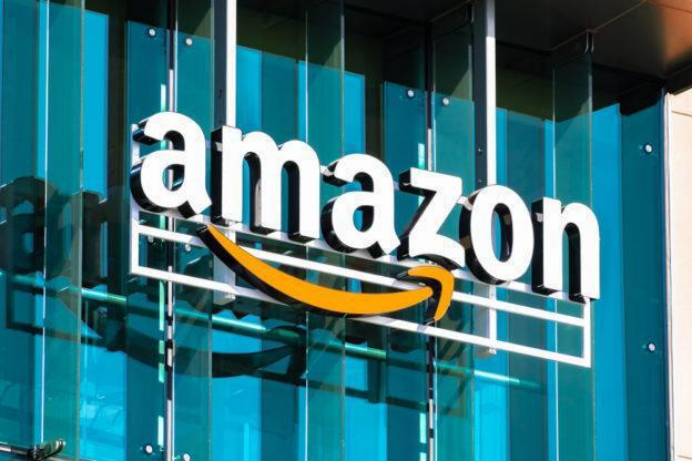
Tech Giant Amazon CEO Urges Businesses to Aggressively Invest in AI
On April 10, Amazon CEO Andy Jassy dedicated significant space in his annual shareholder letter to promoting the company’s AI initiatives, encouraging businesses to invest heavily in artificial intelligence (AI) to secure substantial financial returns in the future. He also predicted that the unit cost of AI will decline significantly over time.
Jassy stated that generative AI will not only revolutionize existing customer experiences but also unlock entirely new ones previously confined to imagination. Amazon has already deployed AI across multiple domains, including customer service, business process orchestration, workflows, and translation, which are driving significant cost savings. The company’s AI-related revenue has seen triple-digit percentage year-over-year growth, reaching an annual revenue run rate in the billions of dollars.
Jassy emphasized that AI’s impact will permeate nearly every sector in the coming years, including programming, search, retail, personal assistants, healthcare, biology, robotics, and financial services: “If you’re not leveraging these intelligent models to query vast datasets and rapidly extract actionable insights, you will struggle to remain competitive... These changes won’t fully materialize in a year or two, but they certainly won’t take a decade. AI is advancing faster than almost any technology in history.”
In the letter, Jassy defended Amazon’s rising capital expenditures. Earlier, CFO Brian Olsavsky noted that the company expects 2025 CapEx to surge to 100billion from approximately 83 0 billion in 2024, driven primarily by AWS investments to meet AI service demand and expand technical infrastructure in North America and international markets.
Jassy explained that Amazon’s aggressive AI investments—spanning applications and hardware—are rooted in the belief that “AI represents a once-in-a-generation transformation.” He added: “At AWS, the faster demand grows, the more data centers, chips, and hardware we need to procure. It takes months or even years after deploying capital to realize returns, but this will generate long-term free cash flow (FCF) and improved return on invested capital (ROIC).”
Notably, Alphabet CEO Sundar Pichai echoed similar sentiments at the Google Cloud conference the previous day, calling AI “the biggest opportunity we’ll ever see” and reaffirming plans to invest roughly $75 billion in CapEx this year.
Despite soaring AI and chip costs, Jassy remains optimistic, predicting that declining AI unit costs will unlock broader applications. Amazon’s in-house Trainium chips are positioned to address chip challenges, with the next-generation Trainium2 offering 30–40% better cost-performance than current GPU solutions.
Jassy also highlighted that inference costs (model predictions and outputs) will surpass training costs as the primary AI expense. Amazon is working to reduce these through model distillation, prompt caching, and computational infrastructure upgrades: “Just as with AWS, falling compute and storage costs will fuel more innovation, better customer experiences, and further infrastructure investments.”
In a media interview, Jassy addressed U.S. tariffs, stating that Amazon is still digesting the impact of former President Trump’s sweeping tariffs but expects third-party sellers to pass costs to consumers: “I understand why—if you’re operating in a country without 50% extra margins to absorb tariffs, you’ll try to pass them on. We’ll strive to maintain low prices and fast delivery for customers.”
Amazon has negotiated with select sellers and engaged in “strategic forward stocking” to secure lower prices. Jassy noted that data center investments remain unaffected due to supply chain diversification efforts initiated five years ago.
He also observed early signs of consumers stockpiling goods to preempt price hikes but cautioned: “Purchasing hasn’t slowed, and we see advance buying in some categories. But with only a few days of data, it’s unclear if this is an anomaly or a sustained trend.”
On April 10, Amazon (Nasdaq: AMZN) shares fell 5.17% to close at 181.22 pershare, with a total market capitalization of 181.22 per share, with a total marketcapitalization of 1.92 trillion, a mid a broader selloff in U.S. tech stocks.
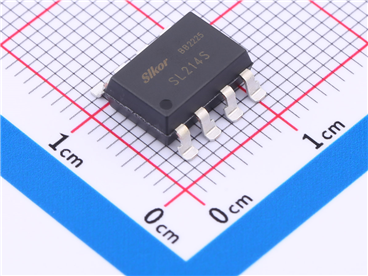
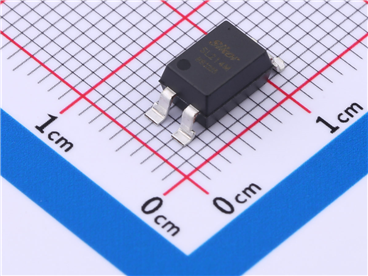
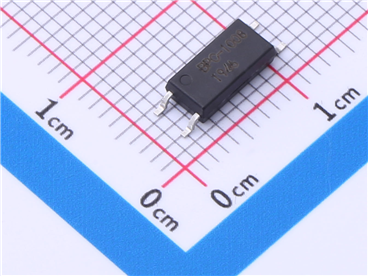

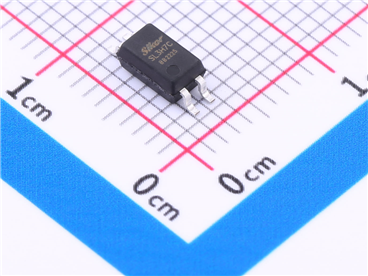

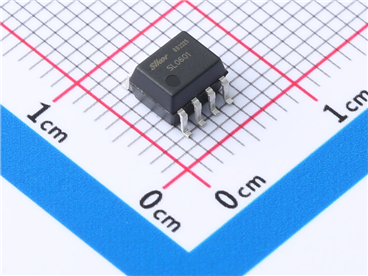


Site Map | 萨科微 | 金航标 | Slkor | Kinghelm
RU | FR | DE | IT | ES | PT | JA | KO | AR | TR | TH | MS | VI | MG | FA | ZH-TW | HR | BG | SD| GD | SN | SM | PS | LB | KY | KU | HAW | CO | AM | UZ | TG | SU | ST | ML | KK | NY | ZU | YO | TE | TA | SO| PA| NE | MN | MI | LA | LO | KM | KN
| JW | IG | HMN | HA | EO | CEB | BS | BN | UR | HT | KA | EU | AZ | HY | YI |MK | IS | BE | CY | GA | SW | SV | AF | FA | TR | TH | MT | HU | GL | ET | NL | DA | CS | FI | EL | HI | NO | PL | RO | CA | TL | IW | LV | ID | LT | SR | SQ | SL | UK
Copyright ©2015-2025 Shenzhen Slkor Micro Semicon Co., Ltd